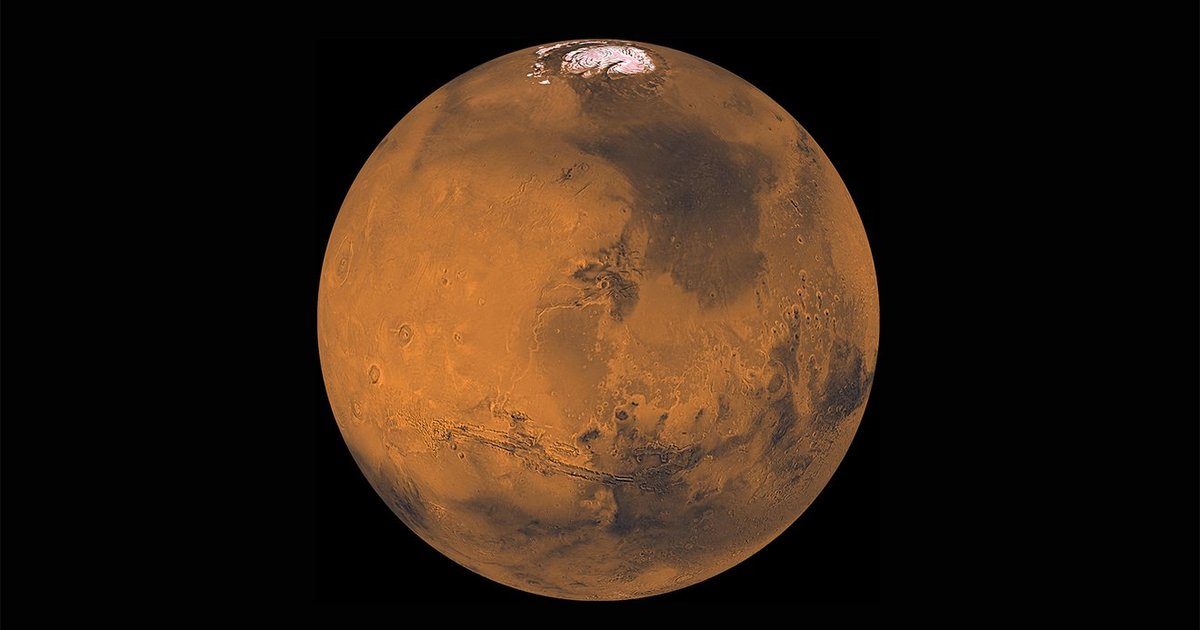Title: Exploring Mars: A Journey Through Space
Mars is the fourth planet from the Sun and the second smallest planet in our solar system. It is a rocky, desert-like planet with a thin atmosphere and temperatures that can range from -195 degrees Fahrenheit to 70 degrees Fahrenheit. Despite its harsh conditions, Mars has long captured the imagination of scientists and space enthusiasts alike, with many hoping to one day explore this distant world.
So, how long does it take to get to Mars? The answer depends on several factors, including the position of Mars in its orbit around the Sun and the spacecraft used for the journey. On average, it takes around 7 months to travel from Earth to Mars, with the minimum travel time being around 6 months.
There are several ways to get to Mars, including using traditional chemical rockets or more advanced propulsion systems such as ion engines. NASA's recent Perseverance mission to Mars utilized a special type of rocket called an Atlas V rocket to launch the spacecraft into space.
Once the spacecraft reaches Mars, it enters into orbit around the planet before descending toward the surface. Landing on Mars is a complex and challenging process, with many past missions ending in failure. However, recent advances in technology and engineering have made it possible to safely land rovers and other spacecraft on the Martian surface.
Despite the challenges of exploring Mars, scientists and space agencies around the world continue to push the boundaries of space exploration in their efforts to unlock the secrets of this fascinating planet. From studying the geology and mineralogy of the Martian surface to searching for signs of the past or present life, there is much to be gained from exploring this distant world.
In conclusion, the journey to Mars is a complex and challenging one that requires advanced technology, engineering, and planning. While it takes several months to travel from Earth to Mars, the insights gained from exploring this distant planet can help us better understand the nature of our solar system and the universe beyond. As we continue to push the boundaries of space exploration, we can expect to learn even more about Mars and the mysteries of the cosmos as a whole.
